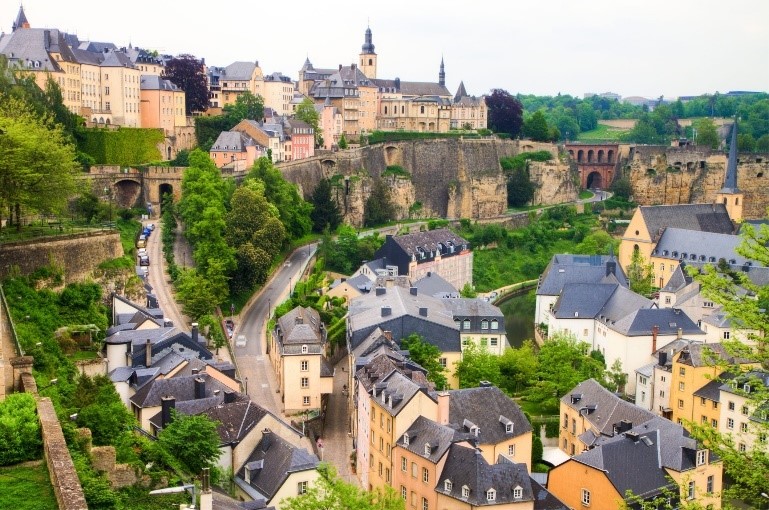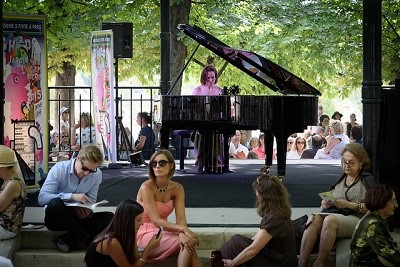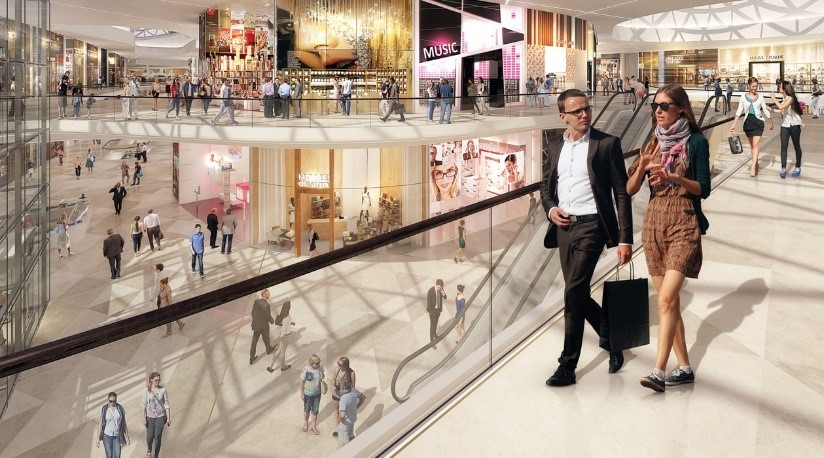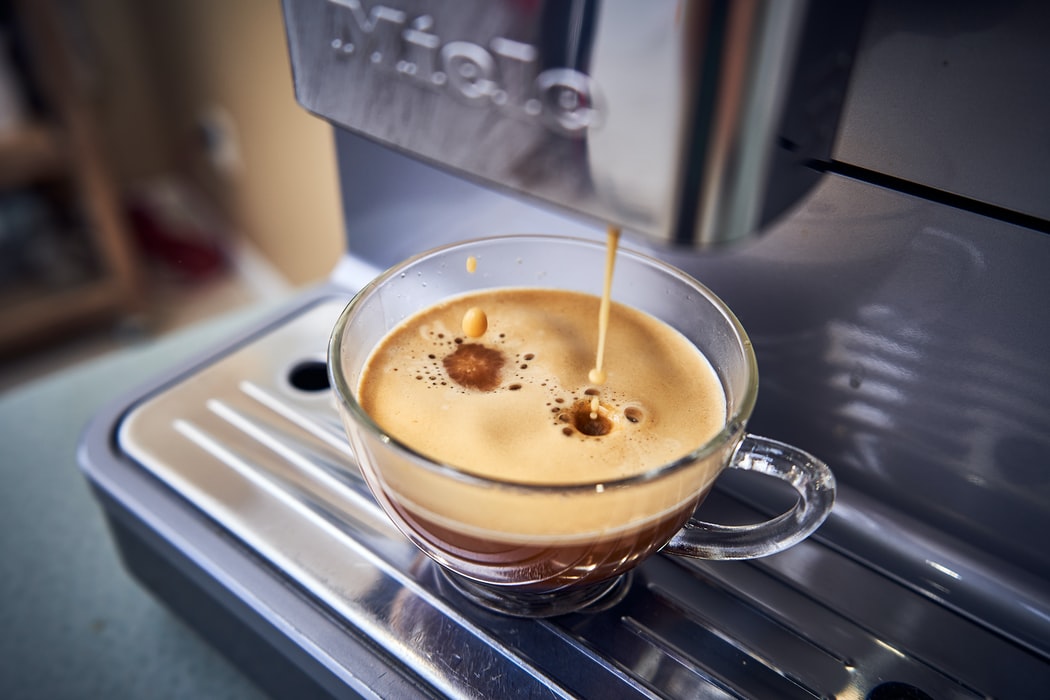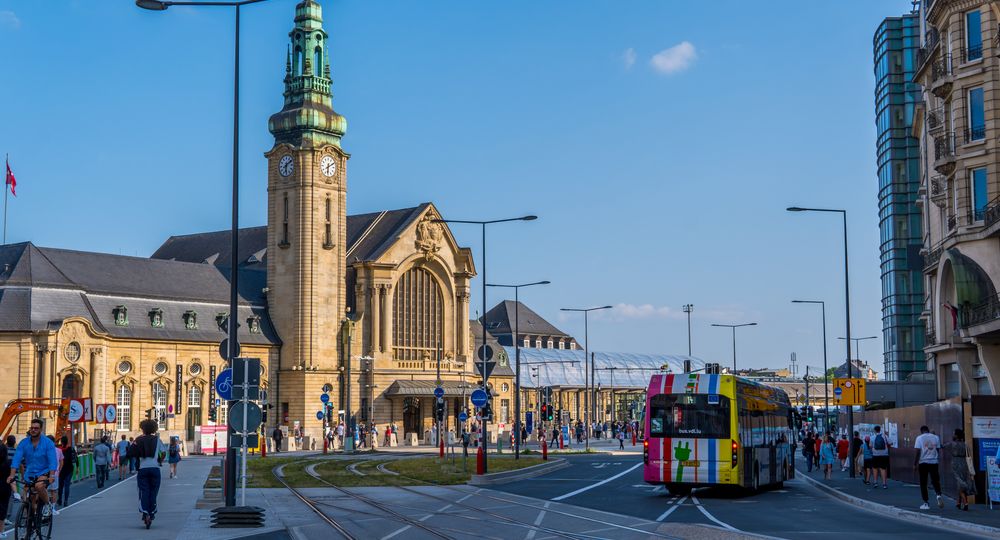
A small country surrounded by Belgium, France and Germany – Luxembourg is described as a major financial hub. But what is the culture like in Europe’s wealthiest nation?
As part of our ongoing Illume Guide featured blog posts, we interviewed our Luxembourg Guide – Abou to help us understand more about Luxembourg core culture and how Gen Z view modern life in the country.
Hi Abou! Tell us a bit about yourself – where are you from, how old are you and what are you passionate about?
My father is Luxembourgish and my Mother is originally from Senegal. I study Business Management and I’m currently doing a work placement with Amazon. Outside of work and study, I really enjoy sports like basketball, football and martial arts. Right now, I just take each stage of life step by step. After university, I’d love to create my own start-up business.
How would you describe Luxembourg culture?
Luxembourg hosts a huge diversity of culture and over half of the population are expats. I believe different cultures integrate fairly well. Life is comfortable here, I guess that’s why it’s easier for people to integrate without much conflict. Most expats come here for education or career opportunities.
We have a laid-back culture. Living in a relatively well-off country, people here highly value their own time. Whether that’s time with family and friends or time to relax alone. Routines such as Friday drinks with colleagues are popular. People enjoy being outdoors and travelling abroad and we reward hard work with down time, whereas I feel in London, people work much harder but don’t take time to unwind.
Local people put great emphasis on friendship. Most tend to create a close network that they can spend a lot time with, from going out for drinks to vacation. Although we don’t take things for granted and still work hard to achieve our full potential.
Currently, refugees and sustainability are two heavily discussed topics here. Luxembourg takes a lot of refugees every year and in general people are open to this idea. Sustainability is also a growing topic with many people paying much more attention to it in daily life, from recycling to renewable energy.
How would you describe Gen Z in Luxembourg?
The younger generation in Luxembourg is very open minded and globally connected. Gen Z are all social media savvy and aware of issues happening across the world. We are open to exploring different opportunities and most young people study abroad. Almost no one stays in Luxembourg for higher education because we only have one university. However, most people come back home after they finish their studies abroad.
Compared to our parents, we’re the first generation to grow up in a monetary society, and are quite a materialistic generation. From my perspective, people buy unnecessary things. Apart from that, Gen Z are less attached to the concept of ‘stable work’. Our parents’ generation saw our grandparents work on the land or in the iron industry, and they themselves tend to work in banks and for corporate companies, whereas youth today has grown up in a more privileged environment so highly value their own time and personal goals. Many aim to be entrepreneurs. We like solving challenges ourselves and want to be our own boss. On the other hand, most young people try to contribute to society and the community, it is common to volunteer in poorer areas.
Tell me about consumer culture
We really value brand names, whether it’s fashion, technology or motors. People want to own the best brand, for example, a Mercedes or a designer bag. It’s about displaying status. This feels different to our neighbour Germany. In this sense Luxembourgish people are materialistic and don’t show much brand loyalty.
Quality is very important to us. In general, our comfortable income allows us to own quality items, and buying from a trusted brand is favoured because quality is promised. A cheap product is usually deemed to be poor quality and less favourable.
Experience plays a big role here. We like to go to open markets to check out interesting items and interact with friends. Similarly, people don’t like going to a crowded supermarket. Online shopping is also not that big here. Most people own a car so it’s convenient to shop from the local supermarket over online.
As a small country, we are very dependent on international brands. We don’t produce much and only have a few local brands. But when we do have local options, people tend to support them. One of the popular local brands is Luxlait. Big brands from our neighbours Belgium, Germany and France are usually popular here too.
What’s the coffee culture like in Luxembourg?
It’s very common for people in Luxembourg to drink coffee, just like other European countries. Black coffee and espresso are most popular. People like the simple taste. Also because there are many Italians expats living here, they really like it.
People have coffee for functional and social reasons. Many drink coffee in the morning with breakfast to wake up before work, while working, or to catch up with friends in a coffee shop. It’s common for people to have espresso after lunch. It seems to be a habit for people here to drink it after lunch. In banks and consulting companies, a lot people have coffee with meetings. A lot professional meetings actually take place outside the office in cafes.
The coffee shops in Luxembourg are mostly independent ones (e.g. Babbocaffee). Coffee shops usually don’t have strong themes, they are family friendly, inviting and don’t target one specific demographic. It’s rare to see chain coffee brands like Starbucks or Costa. There is one Starbucks at the airport, but that serves more international travellers rather than locals. Though I remember that people were quite excited when the first Starbucks opened here.
Nespresso is a very popular coffee brand here, especially among bankers and insurance workers – the more well-off groups. Another popular one is Senseo, people usually have Senseo coffee pods.
In terms of coffee, taste is very important, consumers are willing to pay more for a better taste. For me personally, I want to taste the caffeine in it.


